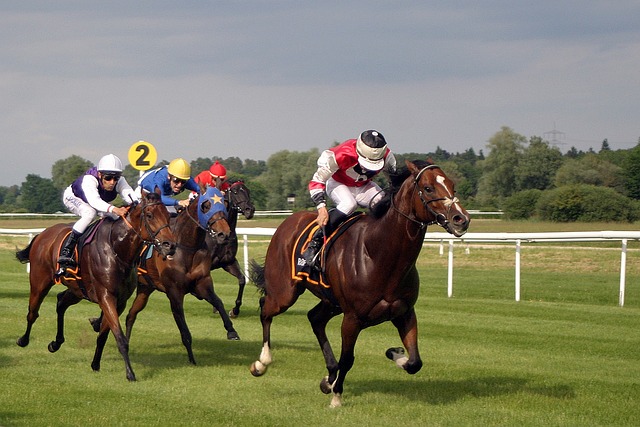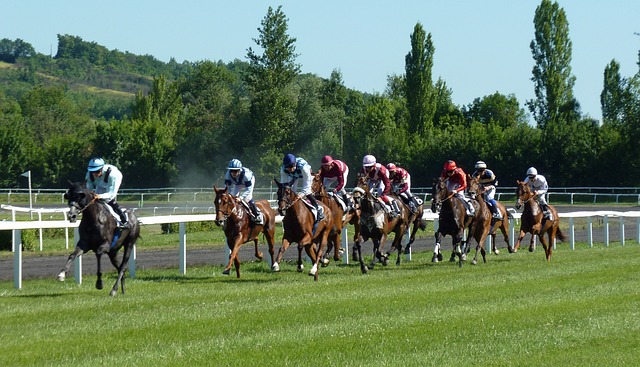Betting on horse races is a popular pastime that dates back centuries, combining the thrill of the race with the potential for financial gain. However, whether it constitutes a smart investment is a complex question that depends on several factors, including knowledge, strategy, and risk tolerance.
The Nature of Betting on Horse Races
Betting on horse races involves placing a wager on the outcome of a race, typically predicting which horse will finish first. The most common types of bets include:
- Win: Betting on a horse to win the race.
- Place: Betting on a horse to finish in the top two.
- Show: Betting on a horse to finish in the top three.
- Exotic Bets: These include exacta (picking the first two finishers in exact order), trifecta (first three), and superfecta (first four), among others.
Each type of 22Bet carries different odds and potential payouts, with exotic bets offering higher rewards due to their increased difficulty.
The Investment Perspective

From an investment standpoint, horse racing bets are not considered a traditional investment. Investments generally refer to the allocation of money in assets with the expectation of generating a return or profit over time, such as stocks, bonds, or real estate. These assets typically appreciate in value or produce income, offering a relatively predictable return based on historical performance and economic principles.
Horse racing, in contrast, is a form of gambling. While it is possible to win significant sums, it is equally possible to lose money. The outcomes are uncertain, influenced by numerous variables, including the horse’s condition, jockey’s skill, track conditions, and even luck. Unlike traditional investments, there is no underlying value in a bet beyond the immediate outcome of the race.
Making Informed Bets
Though betting on horse races may not be a conventional investment, those who engage in it can adopt strategies to make more informed bets:
Research and Analysis: Successful bettors spend considerable time researching horses, jockeys, trainers, and track conditions. Understanding a horse’s past performance, training regimen, and suitability for a specific track can provide insights into its likelihood of winning.
Form Guides: These are comprehensive publications that provide detailed information on each horse in a race, including past performances, win/loss records, and expert opinions. Analyzing form guides is essential for making educated bets.
Track Conditions: The condition of the race track (fast, good, soft, heavy) significantly affects a horse’s performance. Some horses perform better on certain types of tracks, and understanding this can influence betting decisions.
Betting Systems and Tools: Various systems and analytical tools can help in making bets. These range from statistical analysis models to software that predicts outcomes based on historical data.
Bankroll Management: Smart bettors manage their betting funds (bankroll) carefully, only risking a small percentage on any single bet to avoid significant losses. This approach helps in sustaining longer betting periods and potentially turning a profit.
The Risks

Despite the strategies, betting on horse races carries inherent risks:
Losses: The most apparent risk is the potential for financial loss. Betting on horse races should never involve money one cannot afford to lose.
Addiction: Gambling can be addictive. Bettors must be aware of the signs of gambling addiction and seek help if needed.
Market Variability: The outcomes of horse races are unpredictable. Factors like sudden changes in weather, a horse’s health, or even unforeseen events can influence results




Recent Comments